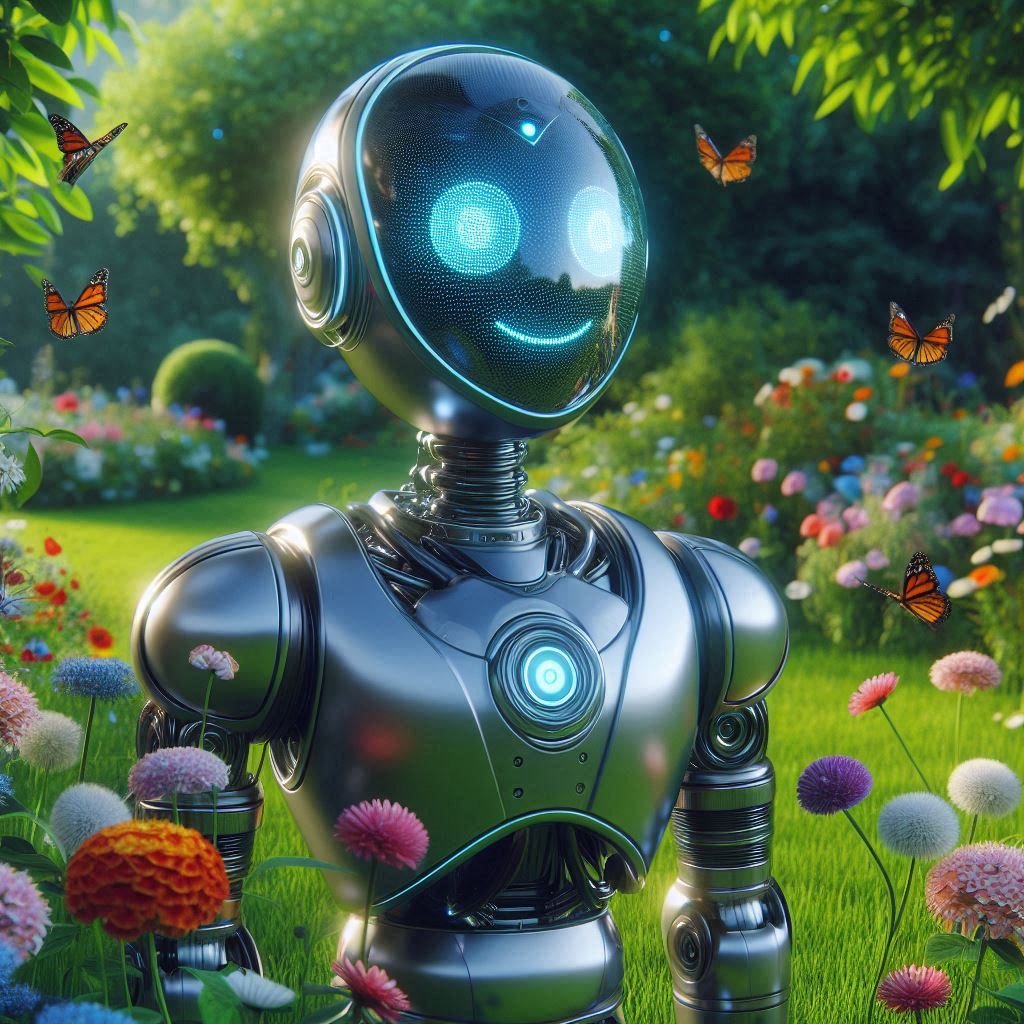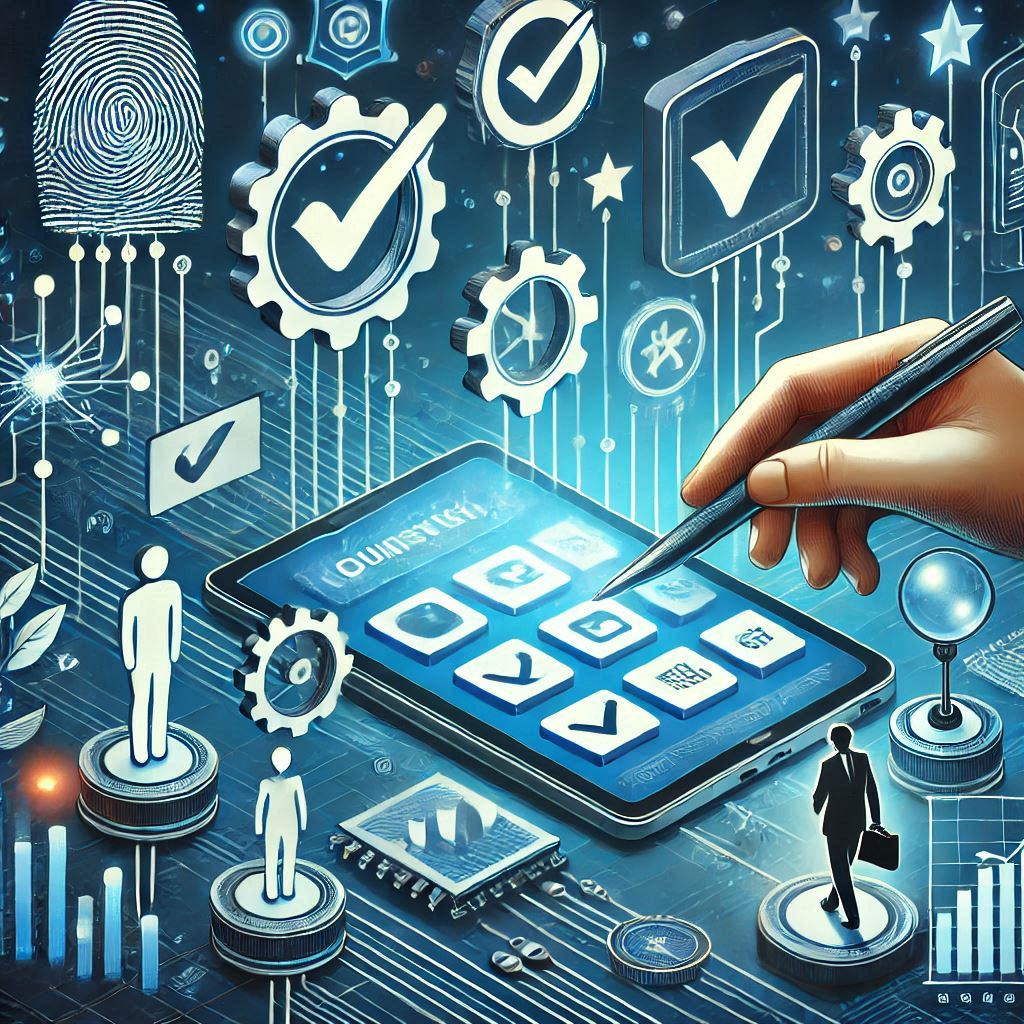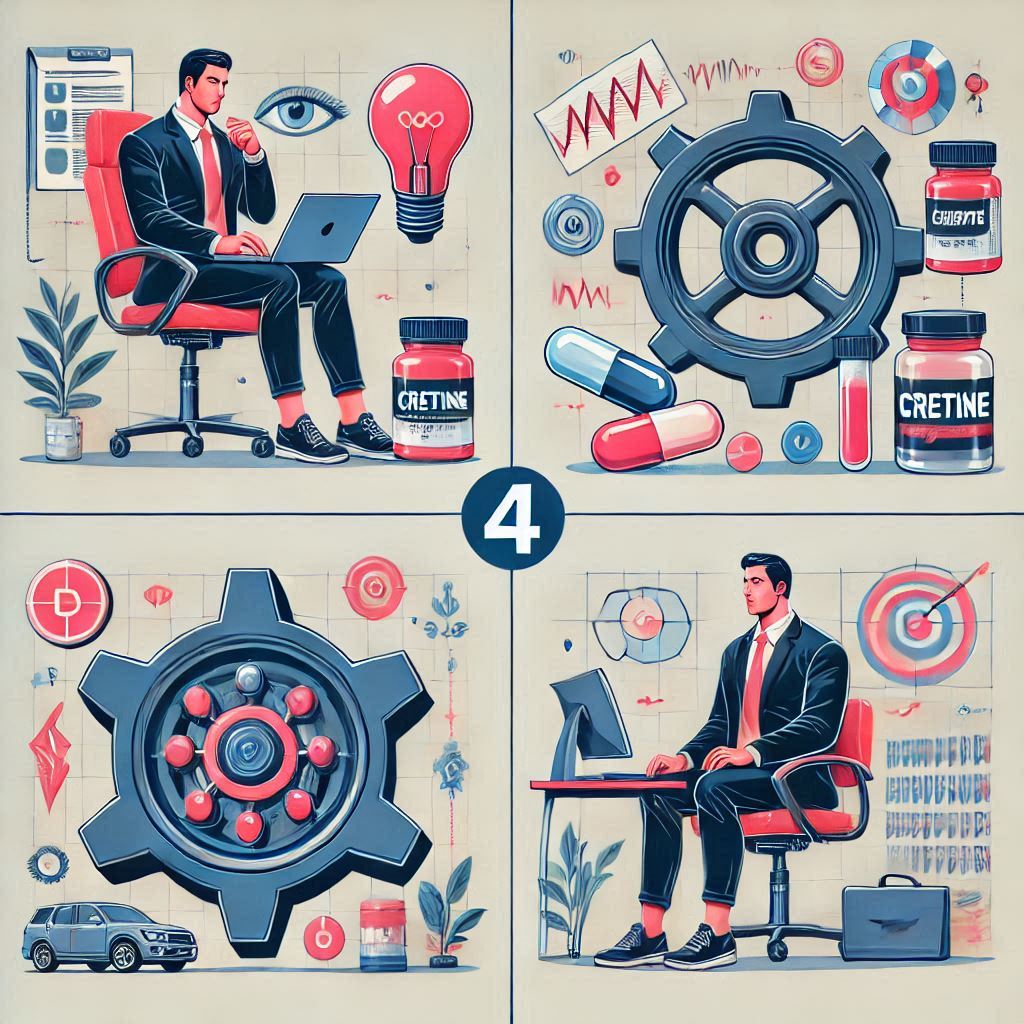
AI-Driven Personalization Reaches New Heights
By 2025, AI-powered personalization is set to revolutionize user experiences across various platforms. Advanced algorithms will seamlessly understand individual preferences and behaviors, leading to highly tailored interactions. From content recommendations to product suggestions and personalized health insights, AI will refine user engagement, driving higher satisfaction and loyalty.
Quantum AI Emerges as a Game-Changer
The integration of quantum computing with AI is poised to unlock unprecedented computational power. This synergy will enable AI systems to tackle complex problems at speeds hundreds of millions of times faster than traditional computers. Quantum AI has the potential to revolutionize fields such as drug discovery, materials science, and financial modeling, opening up new possibilities previously thought unattainable.
AI Augmentation Transforms the Workforce
Rather than replacing human jobs, AI will increasingly augment human capabilities in the workplace. Employees will focus on creative and strategic tasks while AI-powered automation handles repetitive and mundane activities. This symbiotic relationship between humans and AI will lead to a more efficient and productive workforce, reshaping how we approach work and career development.
Healthcare Revolution Through AI
AI's impact on healthcare will be transformative by 2025. Medical professionals will leverage AI-powered tools to improve disease detection, diagnosis, and treatment planning. AI algorithms will analyze medical records, genetic data, and diagnostic images to provide personalized treatment recommendations, leading to better patient outcomes and a more efficient healthcare system.
Ethical AI Regulations Gain Prominence
As AI becomes more pervasive, concerns about ethics and data privacy will intensify. By 2025, we can expect governments and regulatory bodies to establish more stringent guidelines for AI development and usage. Ensuring transparency, fairness, and accountability in AI systems will be crucial to maintain public trust and mitigate potential biases.
AI in Education Transforms Learning
AI-powered personalized learning platforms will become commonplace in education, tailoring content to individual students' needs. AI-driven assessments will provide deeper insights into students' strengths and weaknesses, facilitating targeted interventions and improving learning outcomes. Virtual tutors and AI-assisted teaching tools will support educators in delivering more effective and engaging instruction.
Autonomous Vehicles Gain Traction
The development of self-driving cars and autonomous delivery systems will reshape transportation. By 2025, we may witness the early adoption of autonomous vehicles in some regions, leading to improved road safety and reduced congestion. AI will play a crucial role in navigation, traffic management, and vehicle-to-vehicle communication.
AI-Powered Cybersecurity Becomes Essential
As cyber threats grow in sophistication, AI will become indispensable in cybersecurity. AI systems will detect potential breaches, identify anomalies, and automate security responses to threats before they cause critical damage. Additionally, AI-powered chatbots will simulate phishing attacks to educate users on how to spot and avoid social engineering attempts.
Sustainable AI Gains Momentum
The environmental impact of AI will be a key focus in 2025. Efforts to switch to sustainable and renewable energy sources in data centers will intensify. Moreover, AI applications designed to improve sustainability across industries will proliferate, from optimizing agricultural practices to reducing urban pollution through efficient traffic routing.
AI Agents Emerge as the Next Frontier
AI agents, capable of reasoning through complex problems and interacting with multiple applications, will become more prevalent. These semi-autonomous AI systems will handle multi-stage jobs independently, freeing up human counterparts to focus on higher-level tasks. The development of AI agents represents the next evolution in human-AI collaboration.











